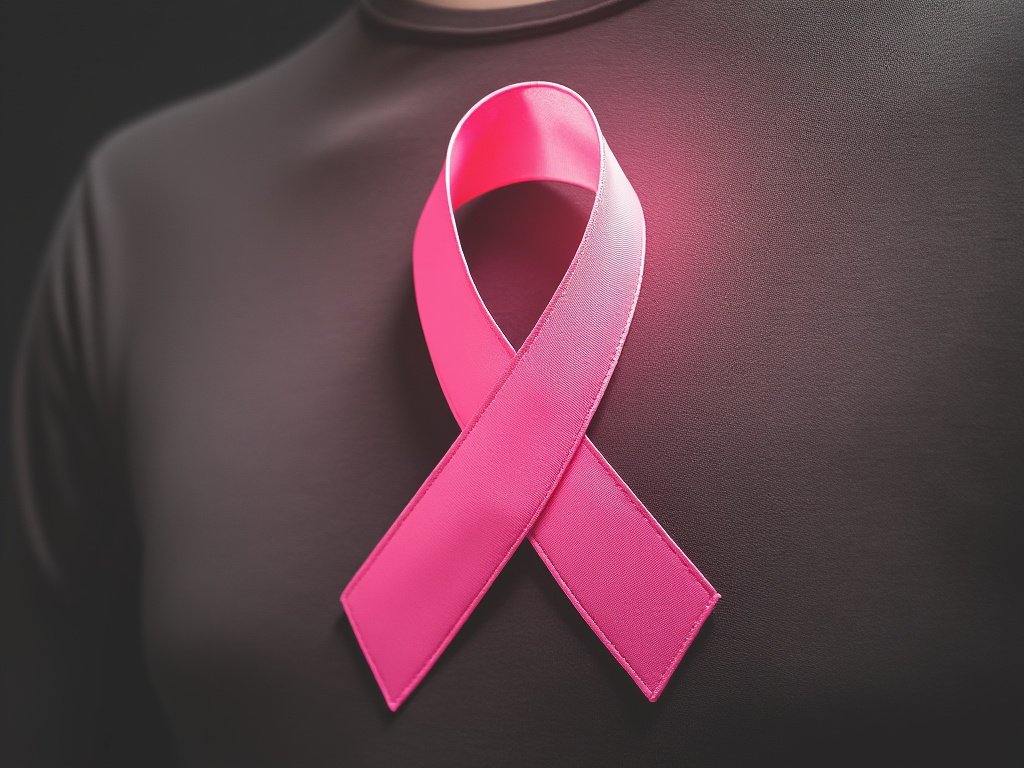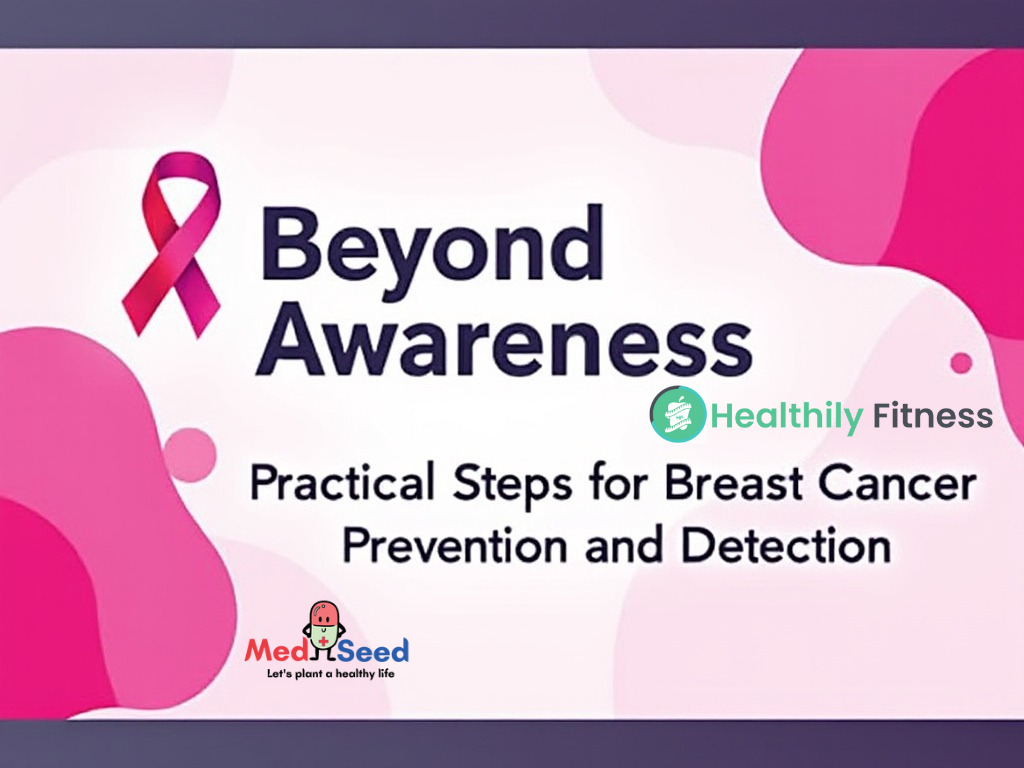Shattering Stereotypes: Male Breast Cancer
Male Breast Cancer: A Less-Known Reality
Breast cancer is generally associated with women, but it’s important to remember that men can also develop this disease. While it’s much less common in men compared to women, male breast cancer is a serious condition that requires awareness and timely treatment.
Understanding Male Breast Cancer
Male breast cancer occurs when cells in the breast tissue grow uncontrollably, forming a tumor. This tumor can then spread to other parts of the body if left untreated.
Risk Factors for Male Breast Cancer
Several factors can increase a man’s risk of developing breast cancer, including:
- Family history: Having a close relative with breast cancer, particularly a brother or father, increases the risk.
- Age: The risk increases with age, especially after 60.
- Hormone-related conditions: Conditions like Klinefelter syndrome or those involving excessive estrogen exposure can raise the risk.
- Obesity: Being overweight or obese can contribute to a slightly higher risk.
- Alcohol consumption: Heavy alcohol intake may increase the risk.
Symptoms of Male Breast Cancer
Symptoms of male breast cancer can be similar to those in women, including:
- A lump or thickening in the breast tissue
- Nipple discharge, which may be bloody or clear
- Nipple pain or inversion
- Changes in the skin of the breast, such as redness, scaling, or dimpling
Diagnosis and Treatment
If you notice any of these symptoms, it’s crucial to consult a doctor for prompt diagnosis. Diagnostic tests may include:
- Physical examination
- Mammogram
- Ultrasound
- Biopsy
Treatment options for male breast cancer are generally similar to those for female breast cancer and may include:
- Surgery
- Radiation therapy
- Chemotherapy
- Hormone therapy
Male Breast Cancer in India and Globally
While data on male breast cancer in India is limited, it’s estimated that around 1% of all breast cancer cases occur in men. Globally, the incidence is similar, with approximately 1% of breast cancer cases affecting men.
Compared to female breast cancer, male breast cancer is less common. However, it’s equally important to raise awareness about this disease and encourage early detection and treatment. Men should be aware of the risk factors and symptoms, and they should not hesitate to consult a doctor if they notice any changes in their breast tissue.
Conclusion
Male breast cancer is a reality, and early detection and treatment are crucial for improving outcomes. If you’re a man and notice any changes in your breast tissue, don’t ignore them. Seek medical advice promptly to ensure timely diagnosis and appropriate treatment.



